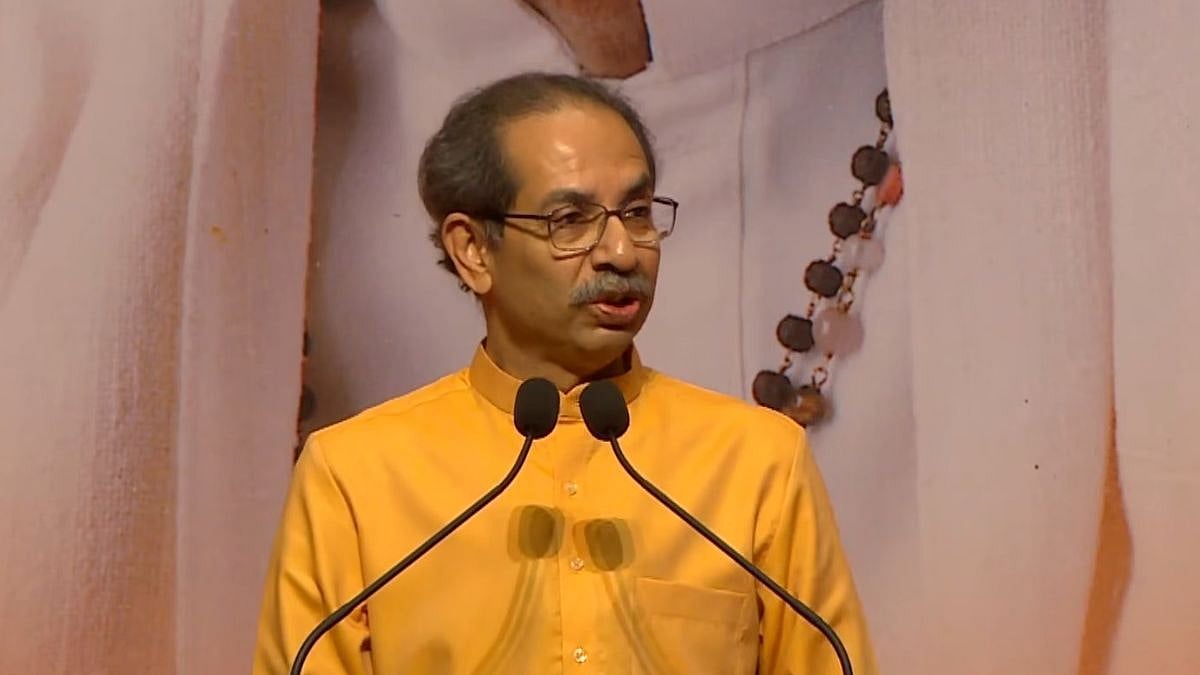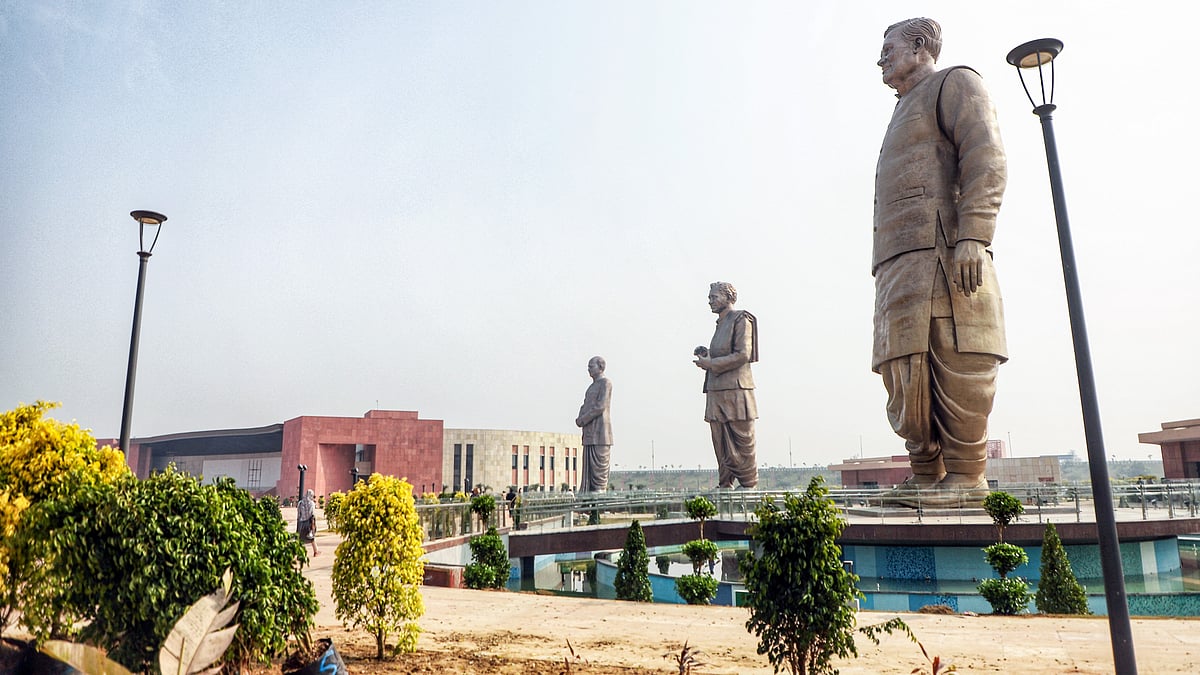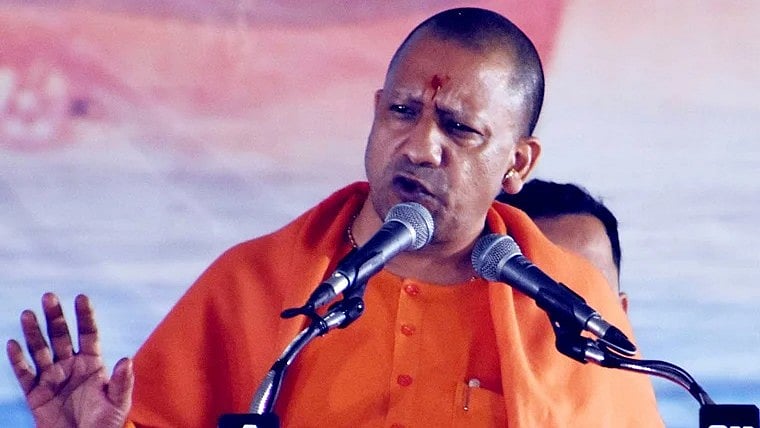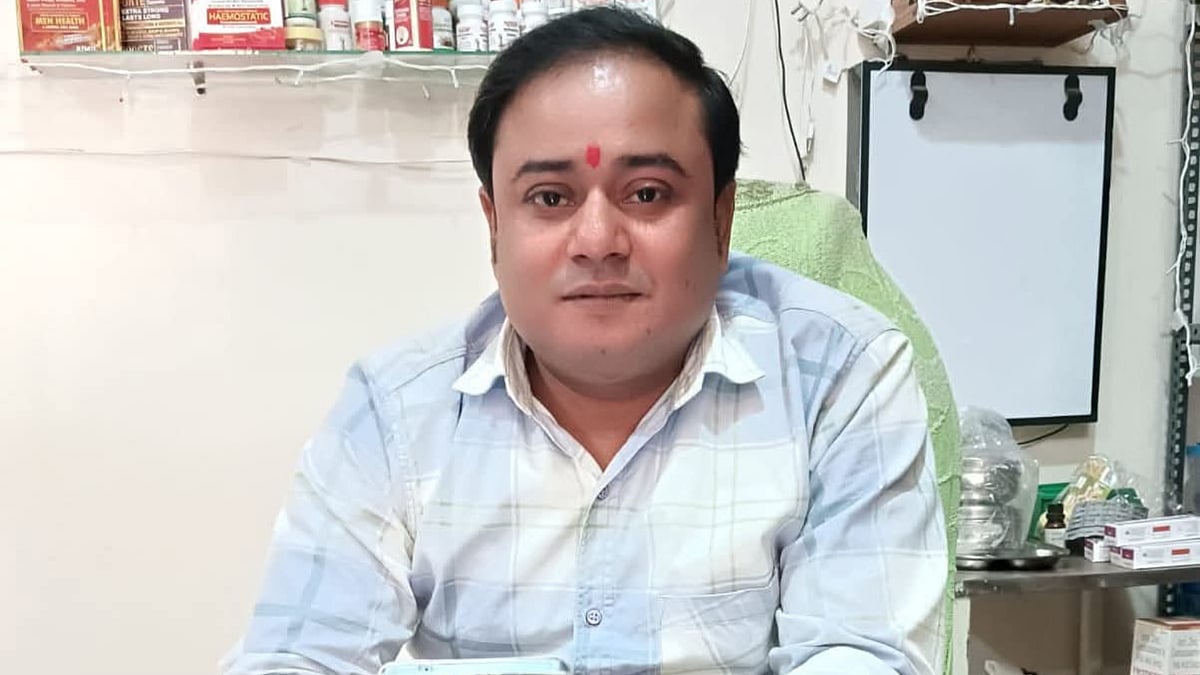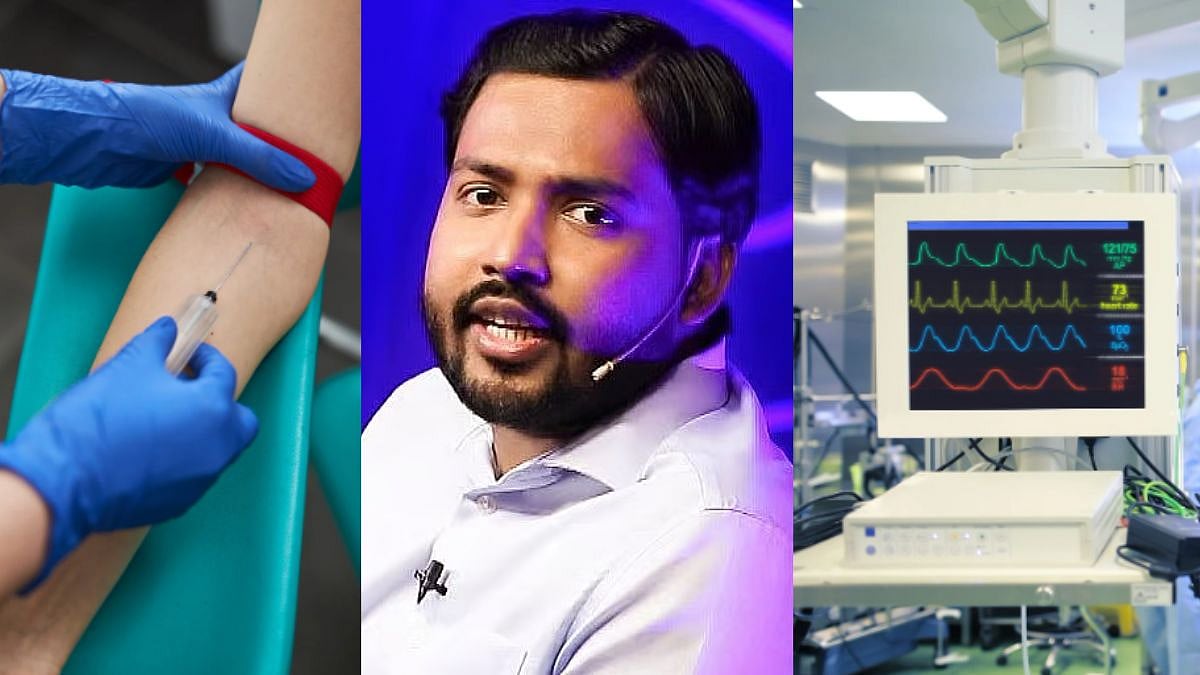Covid-19 is emerging as a key factor responsible for an increase in heart attacks among the young in Mumbai. Doctors say patients who have had Covid-19 may be at increased risk of heart attack, a heart condition or cardiac arrest.
According to the BMC’s Health Department, 20,327 deaths from heart ailments and attacks were reported in 2017. The number rose incrementally to 21,088 in 2018 and 22,109 in 2019, but in 2020 (when the first wave of the epidemic struck), the number rose sharply to 25,378, a rise of nearly 25% over the 2017 figure.
The civic data include deaths from heart conditions such as rheumatic fever, pulmonary heart disease and hypertension. Medical officers attribute this rise to several factors – post-Covid development of thrombosis, delay in detection and treatment of heart-related disease amid the pandemic surge, better recording of heart-attack cases and major life changes.
Dr Radhika Banka, consultant pulmonologist at the PD Hinduja Hospital and Medical Research Centre, says no study has yet been able to establish a clear causal relationship between Covid-19 vaccination and an increased risk of cardiovascular events. There were early reports of the Astrazeneca (AZ) vaccine causing blood clots in women. To date, however, only 10 people develop this condition for every million doses of AZ vaccine. And no such events were reported with other mRNA vaccines such as Pfizer or Moderna.
“Large observational studies published earlier this year have shown increased incidence of cardiovascular events, including heart attacks, strokes and irregular heart rhythm after Covid-19 infection, irrespective of the severity of the infection, presence of underlying cardiac conditions, gender or age,” she said.
“The increased risk can persist even 12 months after infection,” she continued. “Hence, if you have prolonged symptoms after a Covid infection, it is important to seek medical help. With these new findings, it is even more prudent and essential to get jabbed to prevent Covid.”
Interventional cardiologists and epidemiologists say there is no study yet to prove that Covid is one of the major factors, particularly as the disease affected those with co-morbidities. Besides, there are other factors that lead to heart afflictions, but the pandemic certainly contributed by ensuring that people with heart symptoms reach the hospital late. Reperfusion curatives like thrombolytic remedies (which dissolve clots) and timely intervention like angioplasty were delayed as a result, pushing up the mortality rates.
Doctors have also observed that heart and blood vessels were damaged during the pandemic, leading to development of clots, heart inflammation, arrhythmia and heart failure. The Lancet in August 2021 published a report that said that in the week after being diagnosed with Covid-19, the threat of a first heart attack increased by three to eight times.
“During the pandemic, we observed that many patients who develop Covid-19 also develop troponin elevation, deterioration of 2d echocardiography, ejection bit, and worsening of heart function,” an epidemiologist said. “These cases when subordinated to a coronary angiography are prone to have fresh heart attacks. And these heart attacks relate directly with complications, morbidity and mortality of these cases.”
Dr Manish Hinduja, consultant for cardio-thoracic and vascular surgery at Fortis Hospital, Mulund, says an individual suffers a heart attack due to blockage in the blood vessels supplying the heart. These blockages develop by a process called atherosclerosis in which fats and cholesterol build up on the artery walls. These factors lead to the early onset of aggressive atherosclerotic disease, resulting in early-age heart attacks.
The condition is often attributed to the increasing incidence of early onset diabetes, high consumption of trans fats, high stress, smoking, lack of sleep, lack of exercise, obesity and a case history of heart disease. Although these risk factors have existed for years, their incidence has increased over time.
“Covid-19 has affected heart health directly and indirectly,” Dr Hinduja said. “There is evidence that the infection leads to blockages in vessels, including heart vessels, even a year after infection. Also, the pandemic increased stress levels as many lost jobs and near ones, or the body struggled with long Covid disease. Aside from this, in the race to look fit rather than be fit, many are opting for high-intensity workouts. Suddenly starting a high-intensity workout is deleterious to the heart. Thanks to all these factors, there has been a trend among young Indians to develop heart diseases resulting in sudden cardiac death at an early age,” he said.
Senior cardiologists from private and civic-run hospitals say that during the pandemic, other illnesses, including heart illnesses, took a back seat and people avoided health check-ups. A sedentary lifestyle in the 35-60 age group is also one of the reasons for increased heart disease, they say.
According to Dr Abdul Samad Ansari, director of critical care services at Nanavati Max Hospital, “Thrombotic episodes were noticed during the pandemic as a reason [for heart ailments]. However, that is just an observation. We cannot correlate it as we aren’t aware of the population dynamic or demographic statistics, past history of Covid infection, vaccination status, and existing medication routine of these individuals.”
If there was no history of Covid in the patients, then the causes could be major lifestyle problems, additional distress or clinical anomalies that are yet to be analysed, he added.


